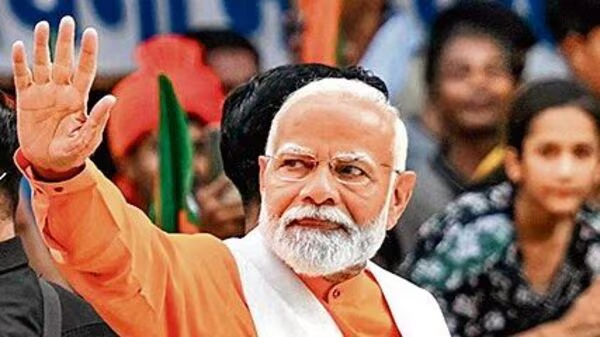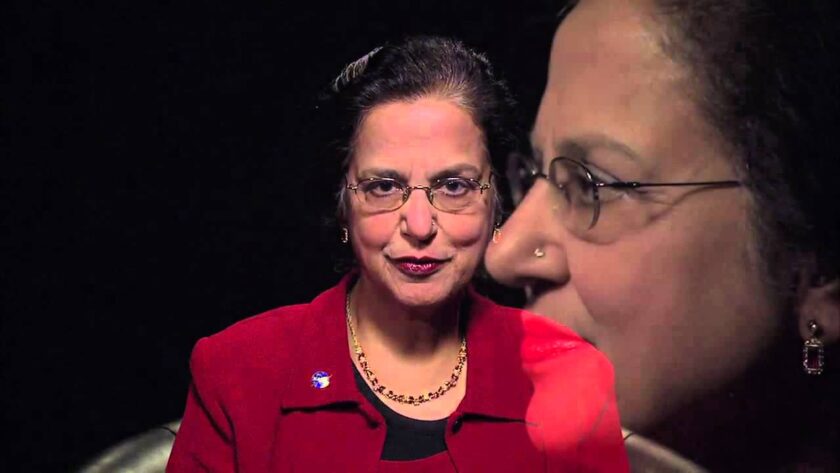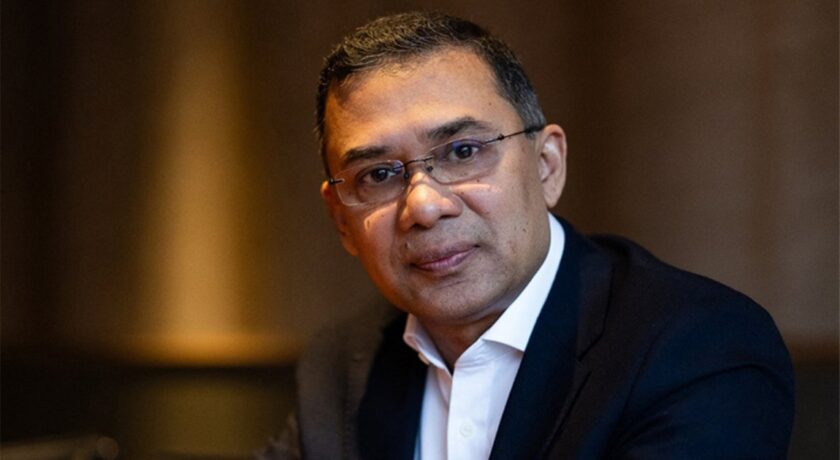Rio de Janeiro, November 18, 2024 – Against a backdrop of geopolitical tensions and political shifts, Brazil hosts the Group of 20 (G20) summit on Monday and Tuesday. The event comes amid global attention on two ongoing conflicts—the Middle East crisis and the war between Russia and Ukraine—and the recent election of Donald Trump as U.S. President, which has cast a shadow over prospects for a unified geopolitical declaration.
Expectations for a bold statement addressing the global conflicts have been tempered by the current climate of uncertainty. Instead, Brazil, under the leadership of President Luiz Inácio Lula da Silva, is channeling its diplomatic efforts toward social issues, particularly a global agreement to combat hunger.
A Diplomatic Challenge in a Polarized World
Cristiane Lucena Carneiro, a professor of international relations at the University of São Paulo, highlighted the complexity of forging a consensus in this fractured geopolitical landscape. “To expect a substantively strong and consensual declaration in a year like 2024, with two serious international conflicts, is to set the bar very high,” she remarked.
President Lula’s tenure marks a stark departure from the policies of his predecessor, Jair Bolsonaro, who often clashed with world leaders and distanced Brazil from multilateralism. Since taking office, Lula has emphasized Brazil’s return to the global stage, with his administration’s motto, “Brazil is back,” reflecting a renewed commitment to dialogue and international cooperation.
A New Focus on Hunger and Poverty
One of Brazil’s flagship initiatives for the summit is the launch of a Global Alliance Against Hunger and Poverty, a move aimed at addressing food insecurity on a global scale. Lula’s announcement of the coalition underscores the administration’s domestic and international priorities. Mauricio Lyrio, Brazil’s chief G20 negotiator, emphasized the significance of this initiative, calling it “the pinnacle of success” for the summit.
This focus on hunger aligns with Lula’s legacy from his earlier presidencies (2003–2010), during which Brazil achieved remarkable progress in reducing hunger domestically. A 2014 UN study reported an 80% drop in undernourished Brazilians during that period, solidifying Lula’s reputation as a champion against food insecurity.
Thomas Traumann, a political advisor based in Rio, believes the hunger alliance is the most likely of Brazil’s G20 goals to gain traction. Other ambitions, such as a global tax on the ultra-wealthy and funding for green transitions, have faced resistance, particularly from Argentina’s negotiators.
Global Geopolitics and the Shadow of Trump
The summit also comes just weeks after Donald Trump’s victory in the U.S. presidential election, which has revived concerns about his skepticism toward multilateralism. Danielle Ayres, a professor of international affairs at the Federal University of Santa Catarina, noted the potential long-term impact of Trump’s foreign policy. “There is a price for the U.S. withdrawing from global commitments—it creates uneasiness and undermines trust,” she said.

President Joe Biden, still in office until Trump’s inauguration, is expected to emphasize climate change, infrastructure, and counternarcotics at the summit. Biden’s itinerary also includes a historic visit to Manaus in Brazil’s Amazon region, a gesture aimed at reinforcing environmental commitments. However, Ayres warns that any agreements reached under Biden could be reversed by the incoming administration.
Notable Absences and Regional Dynamics
Russian President Vladimir Putin, under an arrest warrant from the International Criminal Court, will not attend the summit. Instead, Foreign Minister Sergey Lavrov will lead the Russian delegation. Israel, another focal point of international concern, is also not represented in the G20.
China’s growing influence in Latin America was underscored by President Xi Jinping’s recent commissioning of the Chancay megaport in Peru, signaling Beijing’s strategic investments in the region. Analysts suggest that Trump’s return to an “America First” policy could further tilt Latin America toward China as a reliable partner.
A Summit Shaped by Realities
Despite the challenges, Lula’s focus on pragmatic initiatives like the hunger alliance reflects a strategy aimed at delivering tangible outcomes. Brazilian diplomacy has sought to navigate the complexities of global conflicts, ensuring that the summit retains its relevance.
However, political advisor Traumann noted that the summit’s geopolitical significance may be overshadowed. “The most recent G20 gatherings have become opportunities for bilateral meetings. With Trump’s return, Lula loses the chance to be the center of attention on the global stage.”
The Road Ahead
The G20 summit in Rio concludes on December 2 with the announcement of the final declaration and the launch of the hunger alliance. While geopolitical breakthroughs remain unlikely, the summit’s emphasis on social initiatives reflects Brazil’s renewed commitment to addressing pressing global challenges. For Lula and his administration, the success of the event lies in advancing their vision for a more equitable world.









